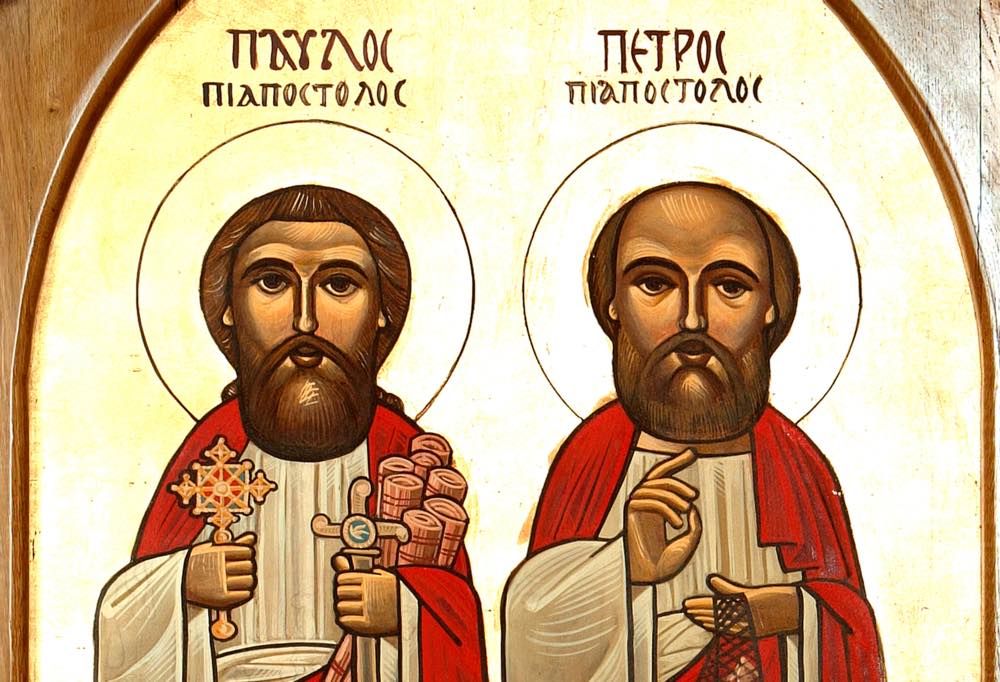FEATURED IMAGE: PublicDomainPictures at Pixabay
Rev José Mario O Mandía
All human beings with the use of reason are capable of knowing natural law and its demands. Moreover, for those who have accepted the faith preached by Jesus Christ, there is an additional source of knowledge and a guarantee that what we believe to be moral norms are the correct norms. “In many and various ways, God spoke of old to our fathers by the prophets, but in these last days he has spoken to us by a Son” (Hebrews 1:1-2).
How does this “speaking to us” fit into the picture? Let us go back to the example of the pencil. Assume that there is someone who has never ever seen or used a pencil in his life (in this age of mobile devices, that is very likely!)
There are two possible ways of learning how to use it. One is by trial and error. That is pretty much equivalent to the way we know natural law, through our own experience.
But there is another way. Someone can instruct or show him how to use it and to sharpen it. Wouldn’t he be grateful for that! That’s why God spoke to us — to instruct us how to live our life to the full.
Let us expound on that with another example. Notice what manufacturers of all sorts of devices do: together with the product, they include the instruction manual. What does the manual do? It gives us directions on how to use the machine. This is because it is made in a certain way; each machine has its own nature. We see once more how nature is the principle of operations. It determines how a thing will work.
The instruction manual gives us specific guidelines (e.g., keep in a cool and dry place) but we don’t ever think that the manufacturer is limiting our freedom or coercing us to behave in a certain way. Quite the contrary he is helping us use our freedom properly.
How does this explanation apply to human beings? Human beings also have a nature. And that nature determines how we function. It determines what is beneficial (good) and what is harmful (bad) for us. We have seen that reason can discover this natural law. Human reason, however, is limited. Moreover, life is complex, and a person can easily make the wrong judgment. So how can man be sure about what he is to do?
Let us now take a step beyond philosophy (what we can discover with our own mind) and enter the realm of theology (what we have been told). Faith tells us that God has spoken to us (cf Hebrews 1:1-2). One reason for this is to give us life’s “instruction manual.” God, the manufacturer, provides us with instructions, because “he knows our frame” (Ps 103:14), he knows us “like the clay in the potter’s hand” (Jeremiah 18:6): “we are his workmanship” (Ephesians 2:10).
So, aside from the natural law, we have additional knowledge through what is called “divine positive law.” The instructions given us by divine positive law is summarized in the ten commandments and in the eight beatitudes.
When we learn the demands of divine positive law, we notice that it contains additional requirements (e.g., we are not only forbidden from killing but are required to love; not only told not to be greedy, but to give not only possessions but self; not only warned about impurity, but are invited to chastity). God proposes higher goals and places bigger challenges before us. That’s because he wants us not only to be fully human. He also wants us to be fully divine. He wants us to be holy (cf I Peter 1:16). He dares us go beyond our human potential.


 Follow
Follow


